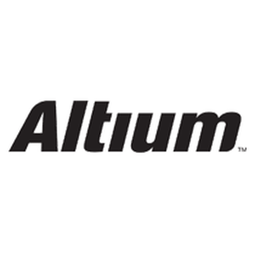Altium
Case Studies
Bosch: Pioneering Green Engineering with IoT
Overview
 |
Bosch: Pioneering Green Engineering with IoTAltium |
Networks & Connectivity - Gateways Sensors - Environmental Sensors | |
Chemicals Electronics | |
Product Research & Development | |
Indoor Air Quality Monitoring Outdoor Environmental Monitoring | |
Operational Impact
| The upgrade to Altium Designer brought immediate benefits for Bosch. The tool's user-friendly interface and improved features for board design allowed engineers to simplify board layout, reduce the numbers of layers used, and overall board size. This resulted in a more lean and green board design that requires fewer materials. Bosch was also able to carefully control track clearances, track lengths, and trace widths to safeguard against integrity issues. Furthermore, by linking Altium Designer’s integrated database libraries to its various ERP systems, Bosch could easily oversee suppliers, factory, reseller, and even customer information, monitor resources, and manage waste with greater efficiency. This not only improved their product design but also enhanced their operational efficiency and environmental responsibility. | |


